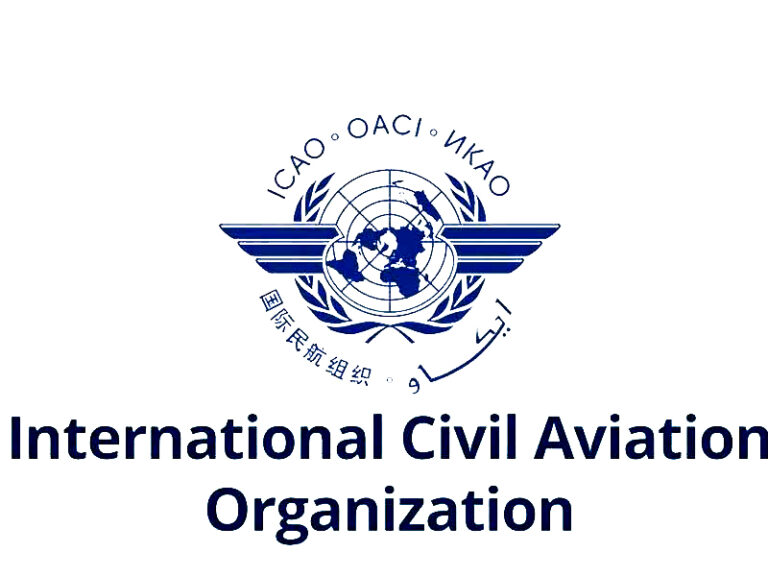International Civil Aviation Organization (ICAO)

🔹 About ICAO
-
The International Civil Aviation Organization (ICAO) is a specialized UN agency (not just affiliated, but vested with authority).
-
Established under the Chicago Convention (signed December 7, 1944; came into effect April 4, 1947).
-
Headquarters: Montreal, Quebec, Canada.
-
Membership: 193 Member States .
-
ICAO governs international air navigation standards and fosters safe, secure, and orderly air transport development.
-
ICAO is distinct from:
-
IATA (International Air Transport Association – represents airlines),
-
CANSO (Air Navigation Service Providers),
-
ACI (Airports Council International).
-
🔹 Key Functions
-
Adopts Standards and Recommended Practices (SARPs) for:
-
Air navigation and infrastructure
-
Flight inspection and safety
-
Security and unlawful interference prevention
-
Border-crossing and facilitation
-
-
Develops protocols for air accident investigation (followed by member states).
-
Supports compliance audits, policy development, and capacity building.
🔹 Organizational Structure
-
Air Navigation Commission (ANC):
-
A technical body with 19 independent commissioners.
-
Oversees SARPs development via ICAO Panels.
-
SARPs are finalized by the ICAO Council, the political body.
-
🔹 Vision
-
Sustainable growth of global civil aviation.
🔹 Mission
-
To serve as the global forum for international civil aviation.
-
Engages in policy development, auditing, research, and technical cooperation.
📜 Chicago Convention on International Civil Aviation
-
Signed in Chicago on December 7, 1944 by 52 nations.
-
Came into effect on April 4, 1947 (same day ICAO began functioning).
-
Became a UN Specialized Agency under ECOSOC in October 1947.
-
Establishes:
-
Rules for airspace
-
Aircraft registration and safety
-
Security protocols
-
Environmental and taxation provisions
-
-
Revised eight times: 1959, 1963, 1969, 1975, 1980, 1997, 2000, 2006.
🔸 Parties to the Convention
-
All UN member states (except Liechtenstein) are parties.
-
Also includes Cook Islands (not a UN member).
-
Switzerland’s ratification extends the Convention to Liechtenstein.
ICAO Audit of India’s Aviation Security Readiness (August 2024)
🔹 Context and Importance
-
The International Civil Aviation Organization (ICAO), a UN aviation watchdog, conducted a nine-day audit of India’s aviation security standards.
-
Purpose: Assess India’s compliance with global aviation safety and security protocols, especially at Delhi and Kolkata airports.
🔹 Focus Areas of Audit
-
Evaluation of:
-
Regulatory framework
-
Airport security operations
-
In-flight security protocols
-
-
Main target: Bureau of Civil Aviation Security (BCAS)
🔹 Recent Developments
-
India granted statutory status to aviation regulatory bodies via a 2020 amendment, allowing them to levy fines for safety violations.
-
This addressed earlier ICAO concerns (from 2018) about the independence of BCAS.
-
Recent BCAS reforms include appointments to senior positions and a focus on cybersecurity threats.
🔹 Global Standing
-
As of 2022, India’s Effective Implementation Score (a key ICAO benchmark) rose to 49%, placing it ahead of China, Poland, and Denmark.
-
India is now the third-largest domestic aviation market in the world.
UPSC Prelims Pointers
-
ICAO is a UN specialized agency, not part of IATA.
-
It was created under the Chicago Convention, not a UN charter.
-
ICAO governs safety, facilitation, navigation, not commercial airline business.
-
India is a member of ICAO and is subject to its SARPs.
